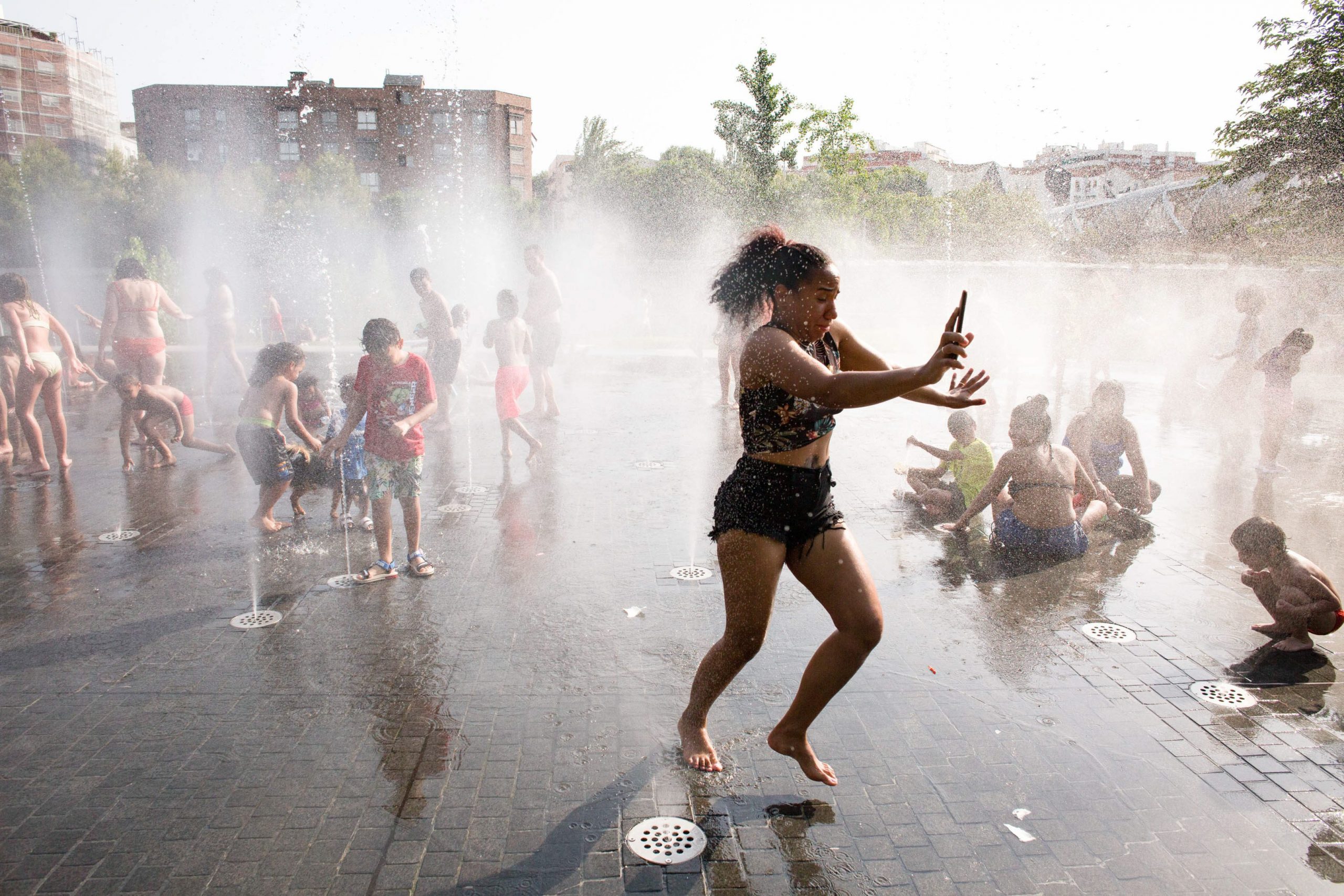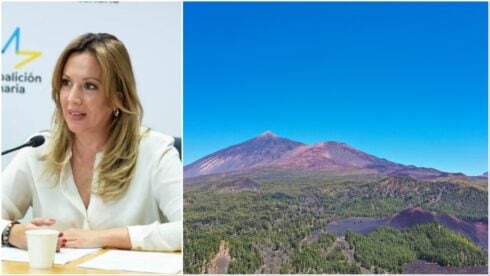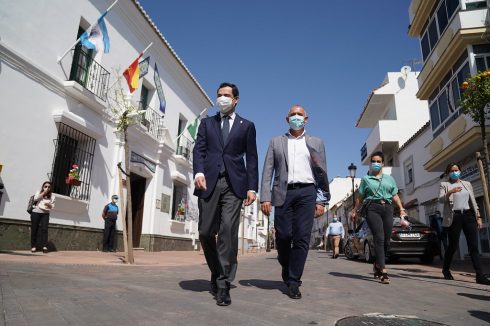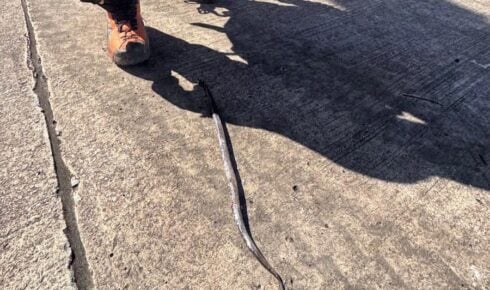SPAIN is been in the grip of yet another heatwave with temperatures predicted to hit over 40ºC once again.
But while the ‘ola de calor’ as a heatwave is known in Spain is the third in Spain of the summer, it is expected to be as hot or long as the one experienced in July when more than 500 died in the heat.
While this may sound like a welcome forecast for those who are heading for the beach, in fact the heat can have devastating consequences, for one thing, it raises the threat of forest fires.
Spain’s Health Ministry has issued guidelines to surviving in the heat.
Here’s what they advise:
Drink water
This may seem obvious, but it’s very important to stay hydrated when the mercury soars and that means drinking even when you are not thirsty.
The Ministry advice includes avoiding alcohol, coffee, tea and cola and other sugary drinks.
Stick to water, but don’t overdo it.
Too much water can lead to a drop in salt (sodium) levels in the blood, which can have a negative impact on your health.
Don’t go outside
Try and avoid going outside between the hottest hours of the day which tends to be between 11 am and 9 pm. If you have to go outside, seek out the shade, wear light-coloured clothing in natural fibres. And breathable footwear.
Wear a hat
But ideally, don’t go outside.
And avoid taking exercise or doing sports during the hottest hours in the day.
Keep cool inside
Most Spanish homes still don’t have air conditioning. But there is a reason why you will see blinds firmly rolled down throughout summer days. Keep out direct sunlight helps lower the temperature inside.
And it may seem counterintuitive but keep windows closed too as unless there is a strong breeze, the air outside is likely to be hotter too.
The Ministry advises to avoid using machines and devices that generate heat during the hottest hours of the day.
And take cold showers and baths.
Eat light meals
Ideally eat light meals that will help replenish salt lost through sweat and choose refreshing salads, juices, fruits.
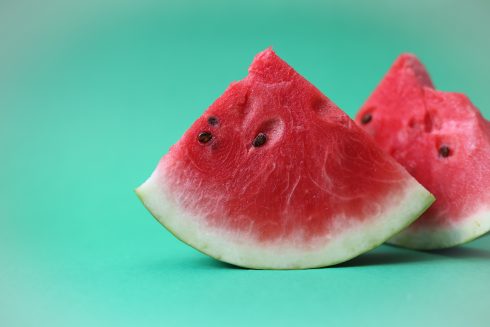
It’s no wonder why gazpacho is so popular in Spain.
Be aware of the risks
Different people are affected differently in heat, so pay special attention to those who are more vulnerable such as the elderly and those with medical conditions such as respiratory or cardiovascular issues.
Young children are also at increased risk and so are pets. Never ever leave them in a parked car.
Seek medical help
Signs of heat exhaustion include, weakness, nausea, cramps, headache, weak pulse, dizziness, clammy skin and fainting. If someone is experiencing any of these symptoms, attempt to cool them down by removing tight clothing, place wet cold cloths on the body or take a cool bath and give them sips of water. If symptoms persist for more than one hour, seek medical help.
Heat stroke symptoms include high fever, hot, red, dry or damp skin, fast pulse, headache, nausea, dizziness, confusion and loss of consciousness. If you think someone is suffering heatstroke then call and ambulance and attempt to keep the cool while you wait for it to arrive.
READ MORE:
- Scorchio! These are officially the hottest towns in Spain
- Scorching temperatures in Spain claims 43 lives in first two days of heatwave
- Heatwave: 10 essential tips from Spain’s Ministry of Health
Click here to read more Weather News from The Olive Press.

